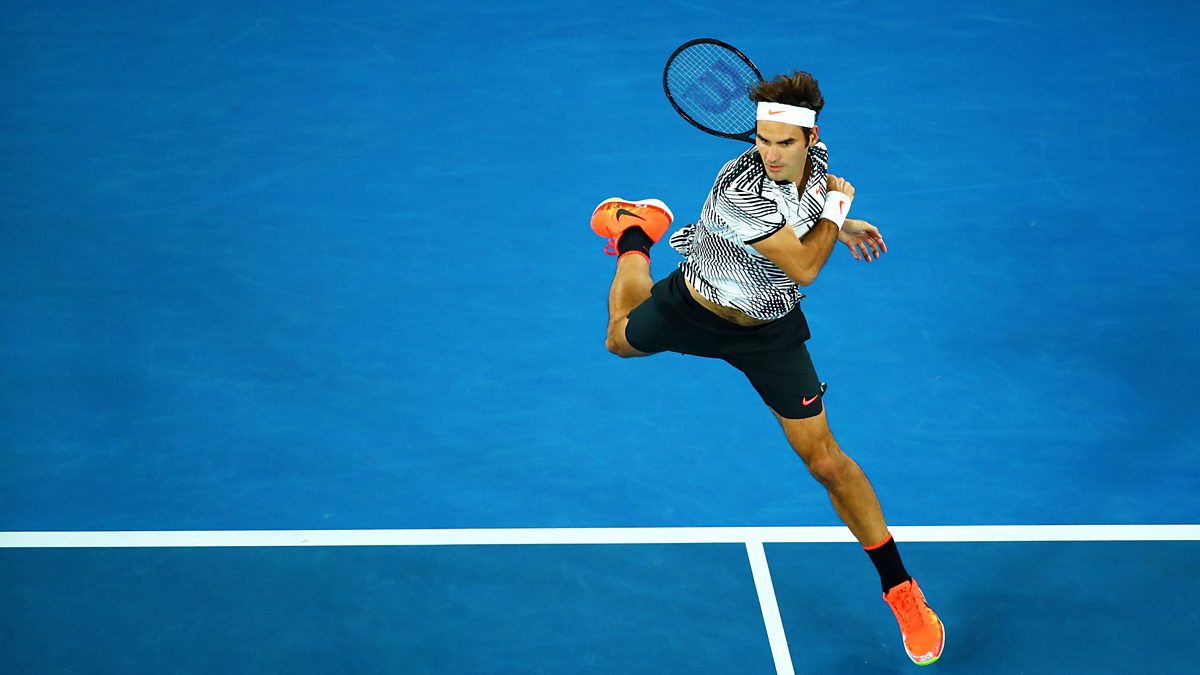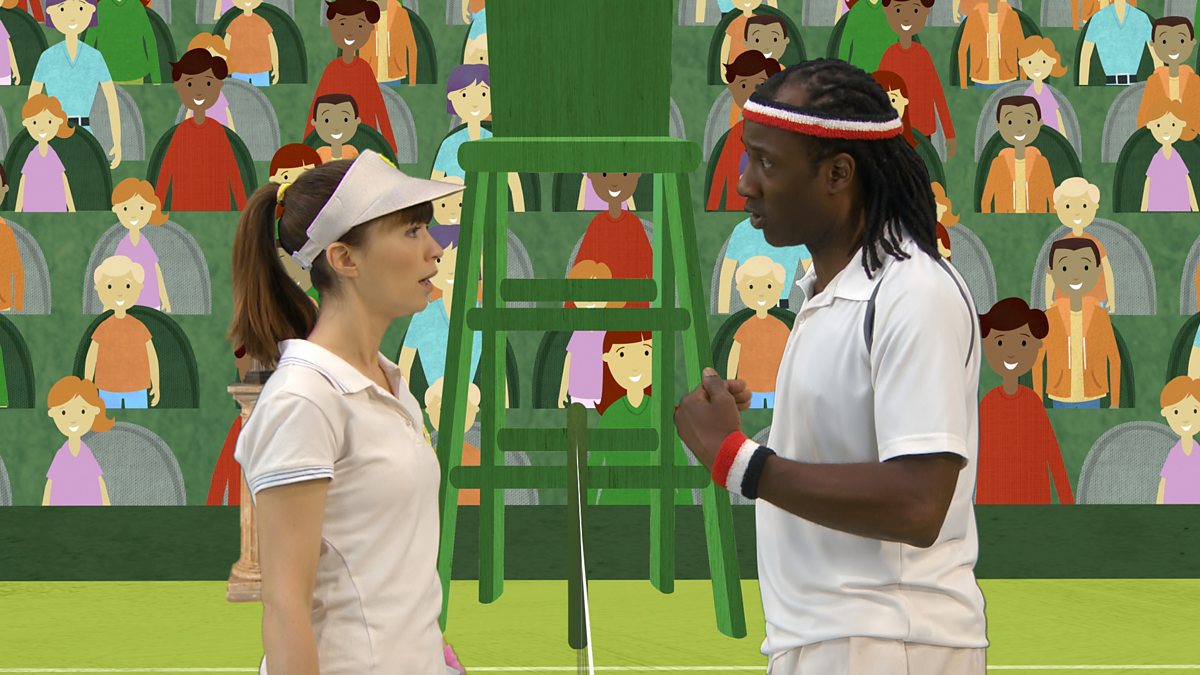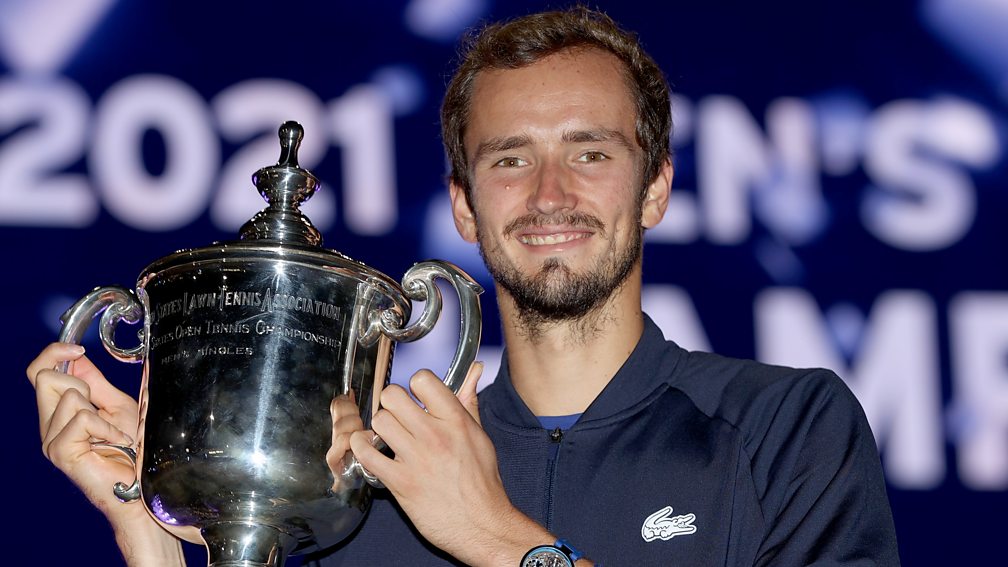

So, I chose to take up playing tennis. I, erm, I'm quite good at hitting a ball or catching a ball so that wasn't any problem. And I get very bored if I just go running. And I said to him, 'I think I'd rather not have the medication but I will try and take more exercise.' So, I had to find some form of exercise which was enjoyable and which would also keep me fitter. I was, er, I had, my blood pressure was getting higher and the doctor was saying it was getting close to needing medication to improve it. Phil: Er, I thought I'd just say a little bit about the importance of, erm, trying to keep your body fit when you're getting older. ″I had a lump in my throat as big as a tennis ball.Interviewer: Erm, what would you like to talk about today? ″I was very much overcome with emotion,″ he said. Maskell was usually calm and reserved, but there was one occasion when he lost his composure - when Britain’s Virginia Wade won the women’s title in 1977. He was awarded the Member of the Order of the British Empire for his services to tennis two years later. Maskell married his second wife, Kay, in 1980. His first wife, Connie, drowned in Antigua in 1979. He lost his only son, Jay, aged 24, in a plane crash in the Bahamas in 1970. ″The gods have smiled on me and my life.″īut Maskell’s life was also marked by personal tragedy. ″I think I am the happiest and luckiest chap in the world,″ he once reflected. His broadcasting career began in radio in 1949, and he moved into television two years later.

His last work in the commentary booth was for the 1991 men’s final. Maskell never missed a day’s play at Wimbledon in his career.

″If it’s not worth saying, don’t say it.″ One of Maskell’s greatest admirers was American tennis commentator Bud Collins, who once paid him this tribute: ″Everyone I know thinks three things about Dan Maskell: they think he invented television, they think he invented tennis and they think he invented Wimbledon.″ ″Economy of words is what most viewers enjoy,″ he once said. His commentary was often marked by long silences. Maskell was the antithesis of American sports broadcasters.


 0 kommentar(er)
0 kommentar(er)
